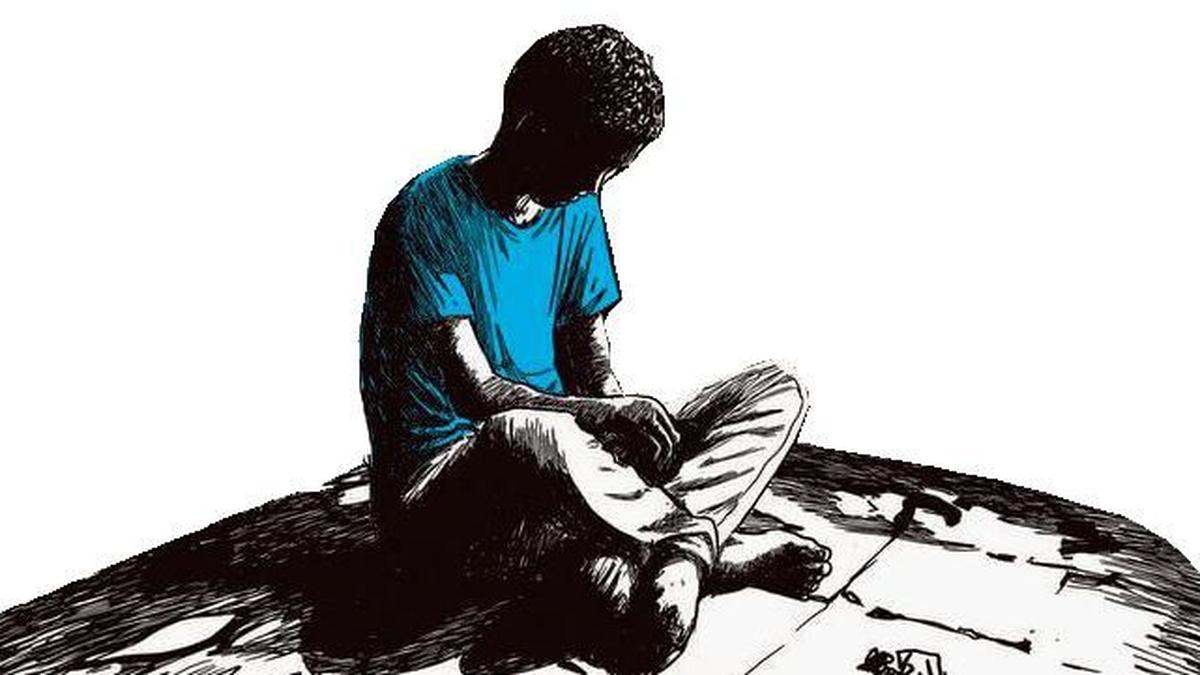
Putting patients at the centre
The Hindu
Health Secretary Supriya Sahu's proposals for improving the Institute of Mental Health in Chennai spark controversy and debate.
In October, two internal official communiqués on improving the 230-year-old Institute of Mental Health (IMH) in Chennai unexpectedly set the cat among the pigeons. In the first, Health Secretary Supriya Sahu wrote to Director of Medical Education and Research J. Sangumani, expressing disappointment with the lack of measures taken to improve the living conditions of IMH residents, and ordered the implementation of certain decisions already taken — modernisation of kitchen, budgetary allocation for food, attire and self-care kit, an MoU between IMH and an NGO, additional caretakers, and independent third-party evaluation of IMH.
In the second, she said there was a need for institutional reforms to make IMH a premier institution providing “gold standards” of care. The institute has huge opportunities to raise resources from national and international organisations as well as from Corporate Social Responsibility (CSR) funds, and needs guidance from experts working in mental healthcare programmes, administrators, and people with extensive knowledge in the field of treatment, care, rehabilitation, and integration of recovered patients with their families and communities. “It is therefore essential that IMH is managed by a not-for-profit, wholly government-owned company registered under Section 8 of the Companies Act. This will ensure that the government company set up will have the financial and administrative flexibility and is able to get the required expertise from the board of the company.”
Over the days, however, this move came to be interpreted as the State abdicating its responsibility towards its patients, and professional doctors’ bodies expressed strong opposition.
Health Department officials insist that the current situation must be seen as an opportunity to clarify the role of the various actors in the mental health sector and move forward sufficiently fortified to serve those with mental illness in the best possible way — ensuring treatment, human rights, continuum of care, and psychosocial rehabilitation. But detractors allege that the proposal will make IMH a “company”.
G.R. Ravindranath, general secretary, Doctors Association for Social Equality, said: “This stems from the National Mental Health Policy that encourages public-private partnerships, utilising services of civil society organisations and obtaining CSR funds. We are not opposing donations per se, but it is the State’s responsibility to identify the deficiencies and take measures to rectify them.”
The problem, however, will not be solved with a few donations, and in this instance, the government does not intend to give up control over the institution, as has been clarified several times since the controversy broke out. A senior official points out that the Tamil Nadu Medical Services Corporation Limited (TNMSC), which has a streamlined procedure for drug procurement, storage, and distribution, was incorporated under the Companies Act. It has since been able to bail out the State during shortages in the Centre-supplied drugs, and has won plaudits for its functioning. In fact, contesting the narrative that the State has abdicated its responsibility, the official says the proposal would increase accountability and transparency and bring in audits. In fact, the Special Purpose Vehicle envisaged in this case is a model that brings in flexibility and the opportunity to tap into funds. It helps in avoiding delays and action can be quick in providing care, and certainly it cannot be considered privatisation. Responding to questions from mediapersons recently, Health Minister Ma. Subramanian said the government would neither privatise IMH nor hand over its management to an NGO.
R. Sathianathan, former director of IMH, points out that for several years, funding was grossly inadequate and manpower was insufficient for IMH. He says the need of the hour is improvement to its infrastructure and renovation of its wards.

The girl, who was admitted to Aster CMI Hospital with alarming breathlessness and significant pallor, was diagnosed with Wegener’s Granulomatosis (now known as Granulomatosis with Polyangiitis or GPA), a rare autoimmune condition that causes spontaneous bleeding in the lungs, leading to acute respiratory failure.

ACB files case against IPS officer N. Sanjay in Andhra Pradesh. The official is accused of manipulating the tender processes for awarding contract for development and maintenance of AGNI-NOC portal, and conducting awareness meetings for SC/STs. It is alleged that the total value of properties stolen, or involved in the case is estimated at ₹1,75,86,600.









